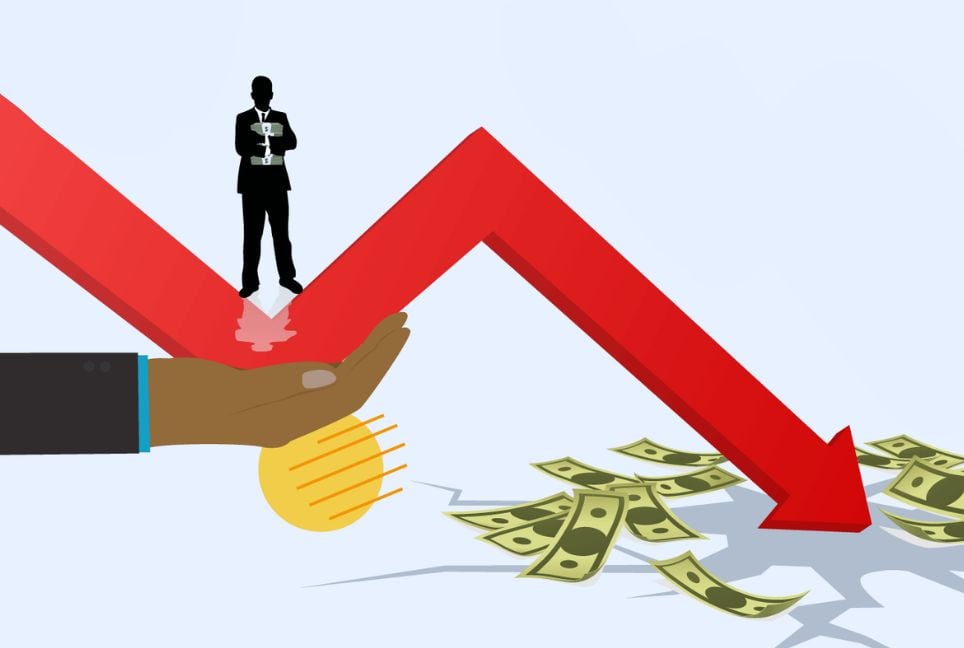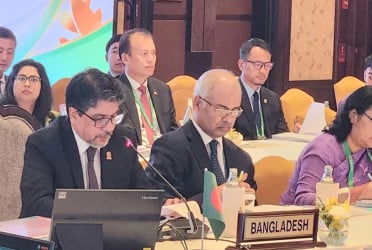New investments in the country’s start-ups have dropped significantly in 2024 compared to the previous year due to political volatility, economic uncertainties, and changing global trends.
According to a report titled “Bangladesh Startup Investments Report 2024: Year In Review”, published by international management consultancy firm LightCastle Partners, new investments in 2024 fell by approximately 43 per cent, totalling $41.3 million, down from $72 million in 2023.
The report integrates data from various stakeholders, including Startup Bangladesh Limited, a state-backed venture capital (VC) organisation for start-up investors. It highlights that soaring interest rates, geopolitical tensions, and cautious investor sentiment contributed to a global decline in venture capital investments in 2024.
This downward trend was also seen in Southeast Asia, which led to a greater focus on local funding and established start-ups, it said.
Despite funding challenges, the local start-up ecosystem remained active, securing $41.3 million across 37 deals from both global and local firms, demonstrating investors' interest despite economic turmoil. A significant portion of total investments – 98 per cent, amounting to $40.3 million – came from foreign investors. Although domestic investment has surged to around $1 million, it still represents a small fraction of total funding, highlighting start-ups' strong reliance on foreign capital.
However, the report highlights a growing participation of local entrepreneurs in start-up investments.
Among the key sectors that attracted overall investment, logistics and mobility received the highest funding – $13.5 million – while financial services received $7.7 million; travel and tourism $6.4 million; software, technology and enterprise solutions $3.4 million; e-commerce and retail $3.2 million; education $2.7 million, and energy and climate-related initiatives $2.2 million, according to the report.
The report also stressed that VC firms are heavily invested in start-ups like Pathao, ShareTrip, Shikho, ShopUp, Arogga, and Fashol, accounting for 94 per cent of total VC funding, which amounted to $39 million. The high investment in these companies underscores their role as key drivers of the start-up ecosystem.
In contrast, angel investors are individuals who provide early-stage funding with flexible terms, unlike venture capital, which comes from large institutions in exchange for equity. Out of the total 37 deals, 22 were VC-backed, while only four received angel funding. Angel investors contributed some $1.1 million, making up 2.6 per cent of total funding.
As Bangladesh’s macroeconomic conditions are becoming stable and regulatory reforms are being implemented, investor confidence is likely to improve, which will lead to sustainable growth in the upcoming years.
The report underlines the need to boost local investment participation through policy incentives and institutional engagement to reduce dependency on foreign capital.
Additionally, expanding funding channels – such as blended finance, venture debt, and IPOs – could enhance financial resilience. Prioritising high-growth sectors like fintech, logistics, and software-driven innovation will align Bangladesh with global investment trends
Translated & edited by Fariha Nowshin Chinika





































































